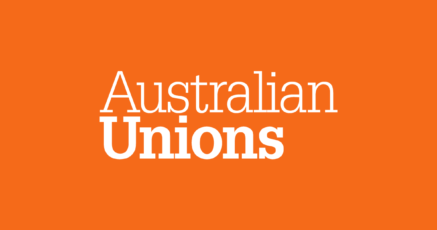4 things you need to know…
With the election over, some of the proposed changes to super are now being debated in parliament. A number of the key proposals appear to have bi partisan political support and are likely to be passed.
Some of these changes will directly impact the retirement planning and saving for many Australians.
- The controversial retrospective $500,000 lifetime limit for after-tax contributions to super has been dropped and replaced by a proposal to reduce the annual after tax contribution limit from $180,000 to $100,000. Additionally, if your superannuation balance reaches $1.6Million then no further after tax contributions can be made.
- A new $1.6Million superannuation transfer balance cap is being proposed to restrict the total amount of super that can be transferred from an accumulation account to a pension account. Where an individual has more that this balance in super, the excess will need to be retained in their accumulation account or withdrawn from the super environment. The Government has confirmed commensurate treatment for defined benefit schemes will also apply.
-
Concessional caps (or money that can be contributed pre-tax, via employer contributions and salary sacrifice) will be reduced to $25,000 per annum for everyone. The current higher caps will end on 30 June 2017:
- $30,000 cap for anyone under 49 as at 30 June 2016.
- $35,000 cap for anyone aged 49 years or over as at 30 June 2016.
If you are already contributing the maximum or close to it, you may need to adjust this early in the 2017/18 financial year to ensure that you don’t exceed the lower cap and face penalties.
- The tax exemption on earnings from a Transition to Retirement (TTR) income stream will be removed and will be taxed at 15%, the same rate applied to earnings on normal accumulation super accounts. No ‘grandfathering’ provisions will apply. Income drawn from a TTR pension, after age 60 will remain tax-free.
What does this mean for my retirement plans?
Despite the reduction in contribution caps, superannuation can be a tax effective way of saving for retirement for most people.
However, if you have put off thinking or planning for retirement, you may need to take action sooner and start salary sacrificing smaller sums earlier. Remember, small amounts over a longer period may be easier to deal with financially, may still help reduce the tax you pay and will help you harness the powerful force of compounding.
There has never been a better time to talk to an expert
Talking to a financial expert should not be the last thing you do before retirement. A financial planner will work with you to help you achieve your financial goals – now and at retirement. The earlier you start, the easier those goals may be to achieve.
Most industry super funds now offer in house financial planning services. Call them to talk to an expert or contact Industry Fund Services Financial Planning on 1300 138 848.
The information in this article is general in nature and has been prepared without taking into account your objectives, financial situation or needs. Before investing in any product you should therefore read the relevant Product Disclosure Statement (PDS) and consider the appropriateness of any investment for your objectives, financial situation or needs.
Industry Fund Services Limited (IFS), ABN 54 007 016 195, AFSL 232514. IFS is one of the largest providers of financial services and products to industry super funds, unions and their members.










SHARE:
How proposed changes to super will impact your retirement planning